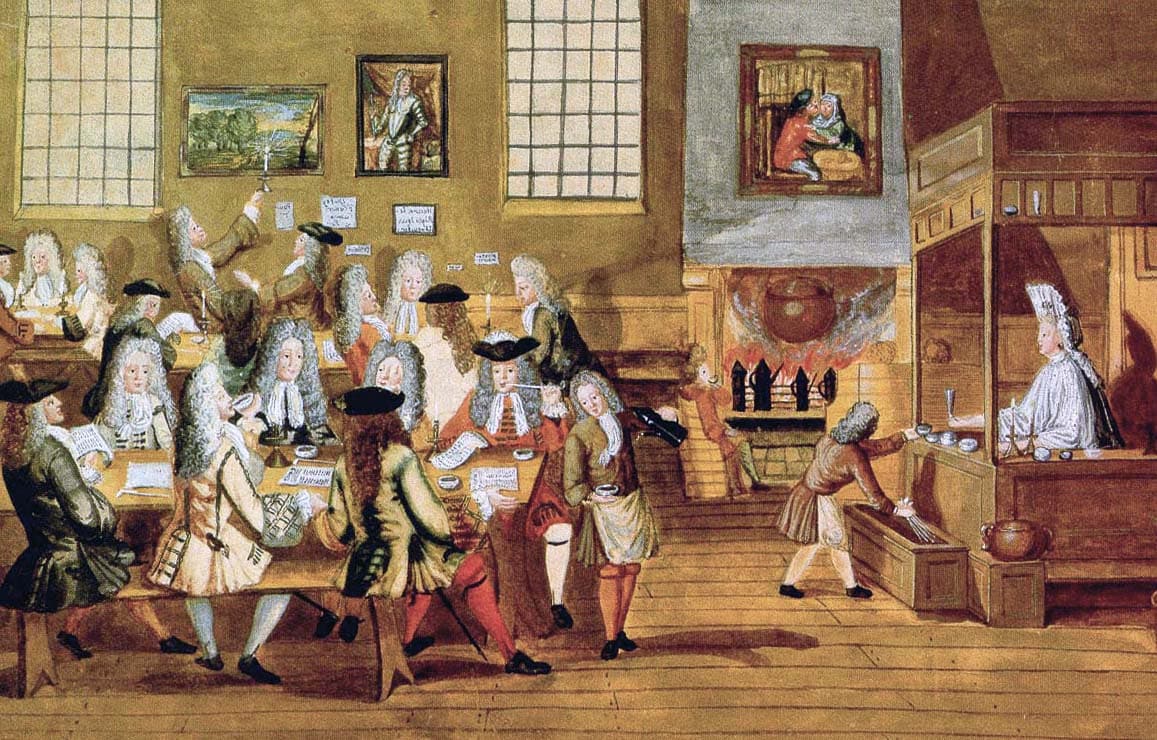Public vs. Private
I didn’t expect — nor necessarily want — to add to the commentary on Elon Musk’s acquisition of Twitter. I’m no Musk fan and my Twitter usage has steadily decreased over the last five years. I finally left the site six month ago. But I am interested in the language both Musk and Twitter co-founder Jack Dorsey are using in discussing the acquisition.
Musk keeps referring to Twitter as a global ‘town square’ — suggesting Twitter is a type of public space — and claims it can’t reach its “full potential” as a publicly-traded company. In taking Twitter private, Musk thinks he’ll be able to turn it into the town square it’s meant to be. Of course, the ideas he’s suggested — an edit button, removing bots — have little to do with the mechanics of a town square. A town square, by its definition, is a public space and there’s an inherent tension in talking about private property as public space.
When the German philosopher Jurgen Habermas articulated the idea of the public sphere, he wrote of publicity as being separate from the private. For Habermas — in language Musk is clearly cribbing — the public sphere was the most democratic of places: collective governing, a place for debate, for politics in the broad sense: articulating and negotiating how we live together. But what happens when the public sphere is a profit-driven company, or a privately-held company?
I’m finishing up Alexandra Lange’s excellent new book on the history of malls, Meet Me By The Fountain, and this issue comes up again and again. Malls gave young people an independence — a (mostly) safe space to escape their parents, hang out with friends, do the things kids do. The mall, for many adolescents also functions as a town square — their first introduction to Habermas’s concept public sphere — a public space for conversation and hanging out. But, as we know, malls are not public spaces but privately run organizations. They have their own police and policies, independent of the laws governing the towns they are within. You can protest in a public space, you can’t always protest in the mall. Lange writes about curfews instated for when children can be in the mall unaccompanied by adults. She writes about the Black Lives Matter protests, for example, and the countless times they’d been shut down inside malls around the country because they were blocking others from shopping. You see this, too, in pseudo-public spaces like New York’s Hudson Yards or, to consider another current headline, Disney World (a self-governing property masquerading as public space). “Curiously, for a public place, Disneyland is not free. You buy tickets at the gate,” wrote Charles Moore in his seminal essay You Have to Pay for Public Life, “But then, Versailles cost someone a great deal of money, too. Now, as then, you have to pay for the public life.”
Public spaces have always been exclusionary, either due to class, race, or gender. Habermas’s definition of the public sphere ignored the women who were forced to stay home. Malls (and Disney) were often designed for white patrons. Michael Werner has been influential in expanding Habermas’s concepts, developing the concept of the “counterpublic”, essentially arguing there is no single public. A counterpublic is formed by all those who have historically be excluded, marginalized, left out. The counterpublic is the subculture, the niche, the overlooked.
This is the tension between Musk’s ownership of Twitter and his ambition for it. He talks of open-sourcing the algorithms — another form of publicness but that’s not the same as a public space. When he talks of free speech, that’s free for whom? (When the Mall of America policy reads: “safety is a top priority”, Lange asks: “Whose safety is a top priority?”) To grant free speech for bullies and Nazis, immediately takes away freedom from others. As a private company — as with any psuedo-public space — who makes these decisions? Who governs? In the true public sphere, we can vote out those who betray the social contract but that’s not possible in a private space. We can’t defund the mall police.
The founders of Twitter have always talked of Twitter in this language but it’s never been and never will be a true public space. (Facebook’s executives use the metaphor for Facebook too.) As Ezra Klein wrote recently, what Twitter did was gamify interactions. It’s goal is not democracy but money, not conversation and debate but engagement. When a rich man speaks of freedoms and publics, he speaks of them only for himself. I don’t know if Elon Musk will make Twitter better or make it worse. I do know taking it private won’t solve any of its problems. Private enterprises masquerading as public spaces never set out what they hope to.
